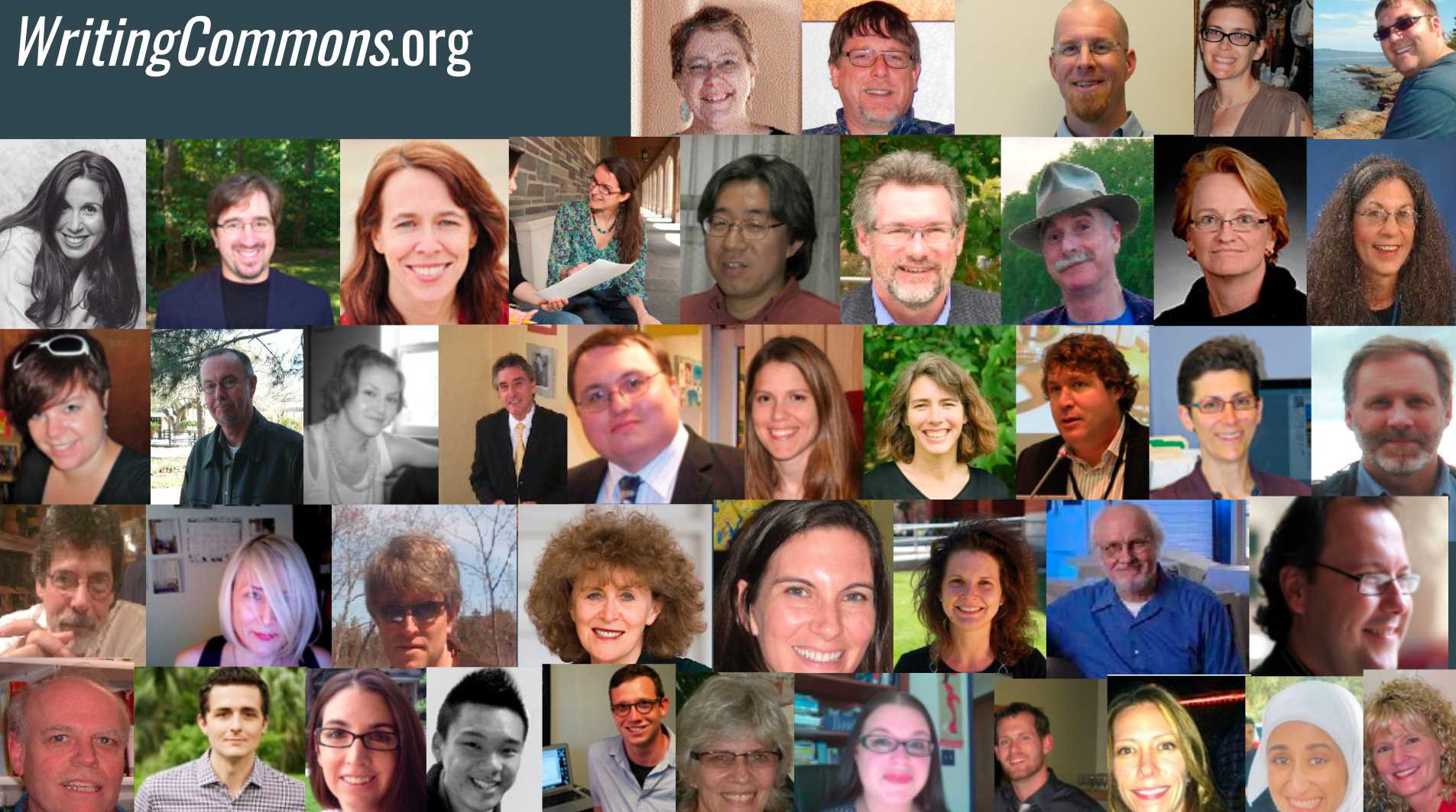Dr. Angela Eward-Mangione is an assistant professor of English at Hillsborough Community College, where she teaches courses in composition and literature.
Eward-Mangione is the recipient of the 2015 Aaron Swartz Award for her article, Literary Criticism: An Introduction. Her articles on literary criticism, especially Marxist Criticism, are among the most visited pages of Writing Commons.
Angela researches early modern literature (especially Shakespearean drama) and culture, adaptation studies, colonial history, and postcolonial studies, frequently exploring the intersections of these fields. Angela’s academic work has been published in Shakespeare Bulletin and Religion in the Age of Enlightenment, and her creative writing has been published in Napalm Health Spa.
Follow Agenda on Twitter at @AEMangione



